Podcast: Play in new window | Download | Embed
Subscribe: Apple Podcasts | Podcast Index | RSS
On July 14, a national commendation conference for the state security system was held in Beijing’s Great Hall of the People. The Secretary of the Central Political and Legal Affairs Commission, Chen Wen-Qing (https://www.americaoutloud.news/xi-jinpings-royal-cosplay-and-his-ruling-based-on-secret-agents/), who is the chief spy in CCP’s government, highly recommended the accomplishments of facilitating Covert Front work and their loyalty towards Xi Jinping and CCP. Chen requested all the related departments to strongly support Covert Front work for the great rejuvenation of China. (https://www.guancha.cn/politics/2023_07_15_701052.shtml)
CCP rarely highlights the mysterious Covert Front in public. What is Covert Front? Which is CCP’s department in charge of it behind the curtain? Let’s start with the history of the Covert Front.
Since the birth of the CCP in 1921, the essence of the Party is a clandestine organization that is guided by Marxism and Leninism for insurrection and dictatorship. In 1927, the “Central Special Operation Department of CCP” was founded by Zhou En-Lai (former Premier in Chairman Mao’s period), and the initial special agents were trained in USSR (https://zh.wikipedia.org/wiki/中国共产党中央特别行动科). It is the earliest security and intelligence agency in China. There were four bureaus in the agency responsible for
> General affairs: Maintain the archives of the Party; Secure, finance, and facilitate CCP members in the operations using legal identities. For example, to make money through business, and save CCP members using attorneys.
> Intelligence: Infiltrate the then-current government or corrupt and manipulate important staff for intelligence.
> Operations: Punish the traitors of the Party by violent means, especially assassination.
> Communication: Communicate among CCP’s branches and communicate with Communist International, using technology and manpower.
Generally, due to the deception and extreme brutality, CCP successfully took over the government in 1949. During the revolution, CCP gained extensive experience in special agent operations, and developed a massive secret agent network, “Covert Front”. Chairman Mao commented that without Covert Front, it was impossible for CCP to win in the armed struggles against the then-current government.
Therefore, International Liaison Department (also called as International Department (https://www.idcpc.org.cn/ttxw_2992/index_2.html) of the CCP Central Committee was established in 1951, in charge of international communications and geopolitical studies, which is similar to what the Communist International did. Meanwhile, it is the top intelligence agency for the Party, inheriting the working methods and tactics from the Central Special Operation Department of the CCP. It cultivates secret agents and manages Covert Front work all over the world. Many of those spies also work in the State Council and People’s Liberation Army.
Currently, there are eight regional bureaus in International Liaison Departments, respectively focusing on:
1. Asia One: South Asian and some Southeast Asian countries.
2. Asia Two: Northeast Asian and other Southeast Asian countries.
3. West Asia and North Africa
4. Africa: Sub-Saharan African countries
5. Latino America
6. East Europe and Central Asia: East Europe, Baltic states, and the countries in the former Commonwealth of Independent States.
7. America and Oceania: North America, North Europe, the British Isles, and Oceanian countries.
8. West Europe
Moreover, it directly controls the Center for International Exchanges, China Center for International Economic Exchanges (https://www.cciee.org.cn). Additionally, its think tank, China Center for Contemporary World Studies (http://www.china.com.cn/opinion/think/node_7240115.htm), leads the Think Tank Association of One Belt One Road (https://baike.baidu.com/item/ “一带一路” 智库合作联盟/17525322).
According to CCP’s historical documents on Covert Front (https://m.mp.oeeee.com/a/BAAFRD000020210627512478.html), the cardinal principle of Covert Front is to lurk. Different from CCP’s pyramid-structure organizations among people and underground struggles, the spies in Covert Front must be lonely and quiet at work without being aware by the enemy. It’s a unique way to continuously collect and counterintelligence in the heart of the enemy. The top skill in Covert Front work is “no skill,” just “be yourself.” It makes the enemy almost impossible to identify and stop those spies. For example, it can be a tenured staff taking shorthand notes in the key sector of the enemy’s government.
The first CCP spy in Covert Front, Chen Hansheng worked for 25 years in that way, until he was investigated by the FBI and escaped to Beijing in 1951 (https://en.wikipedia.org/wiki/Chen_Hansheng). Chen was known as a pioneer of modern Chinese social sciences and received high education at Harvard University and Germany. Chen contributed a lot in recruiting Chinese scientists in the US for CCP, including “Father of Missile in Communist China” Qian Xueshen (https://en.wikipedia.org/wiki/Qian_Xuesen), and famous mathematician Hua Luogeng (https://en.wikipedia.org/wiki/Hua_Luogeng).
Now, CCP has delivered significant messages to the public that the covert actions will be more aggressive and organized against the US and American allies. Considering that a lot of efforts are paid to investigate and prevent CCP’s malicious operations, including United Front work (https://www.americaoutloud.news/the-diverse-network-of-ccps-department-of-political-damage-worldwide/) and overseas police stations (https://www.americaoutloud.news/ccps-overseas-police-stations-pose-big-threat-to-us-national-security/), it is necessary for CCP to leverage sources from Covert Front in the People’s War.
Do we have efficient countermeasures against Covert Front? It is a critical issue for the national security of the US.
The Voice of Dr. Yan can be heard on Saturday and Sunday at 4 pm. Listen on iHeart Radio, our world-class media player, or our free apps on Apple, Android, or Alexa. All episodes can be found on podcast networks worldwide the day after airing on talk radio.






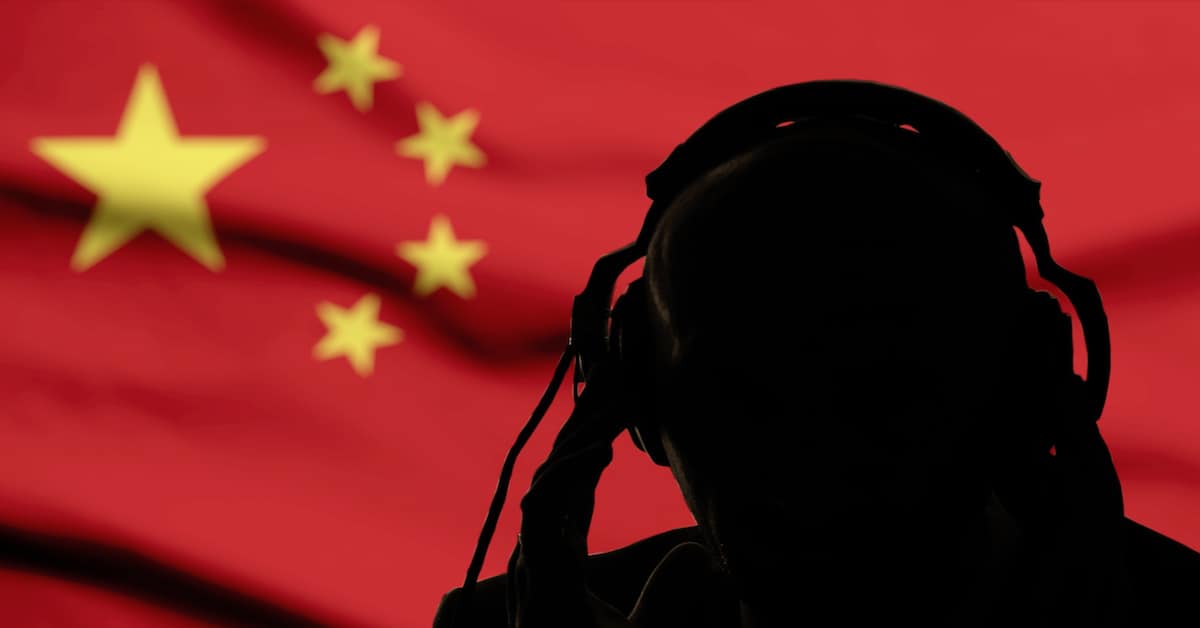


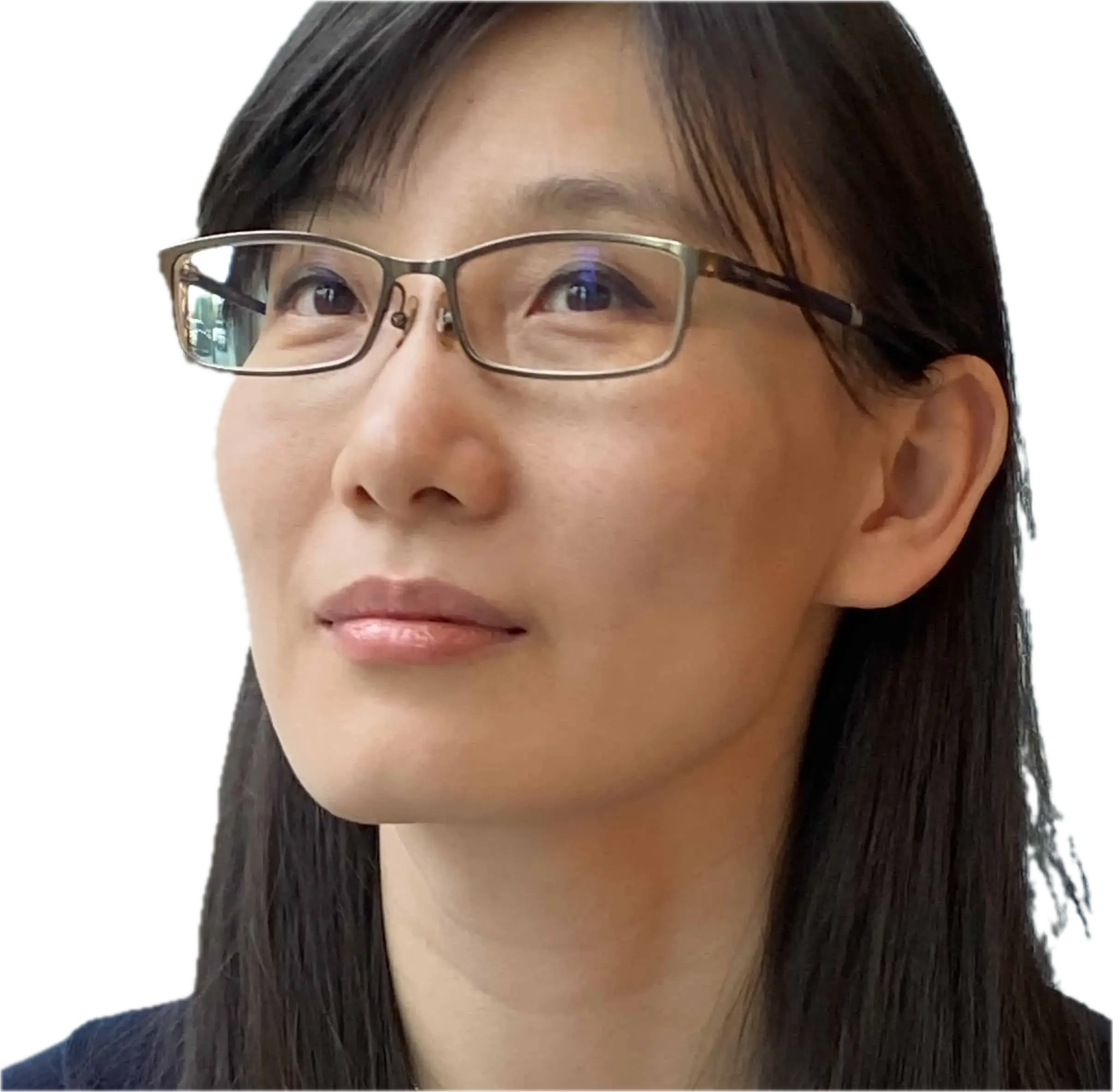

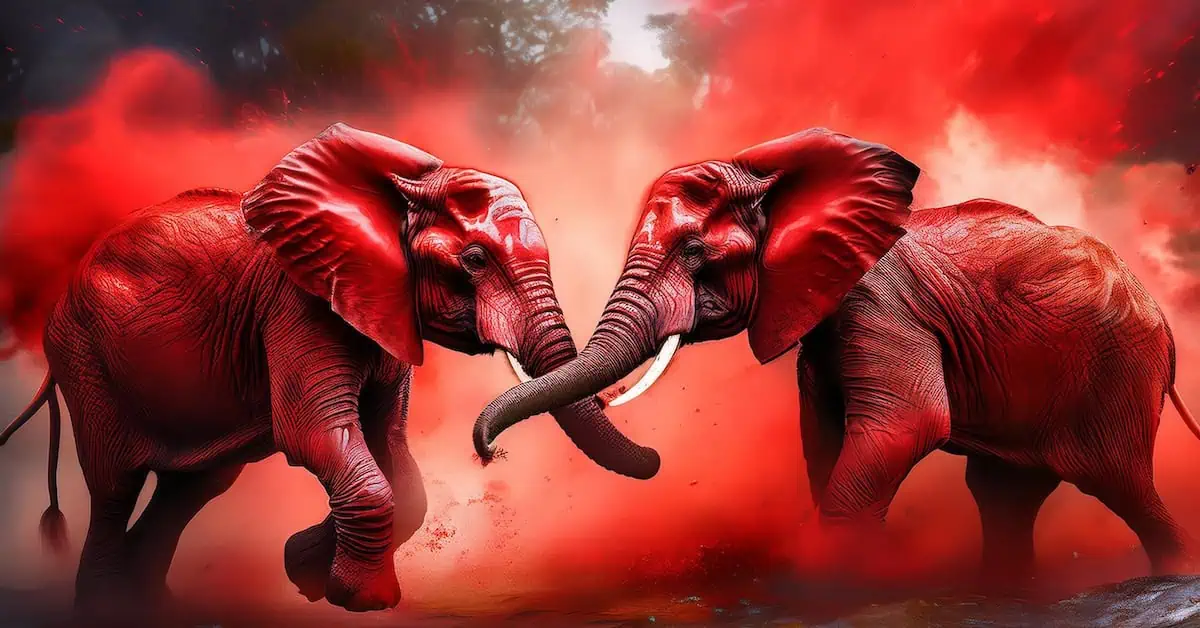

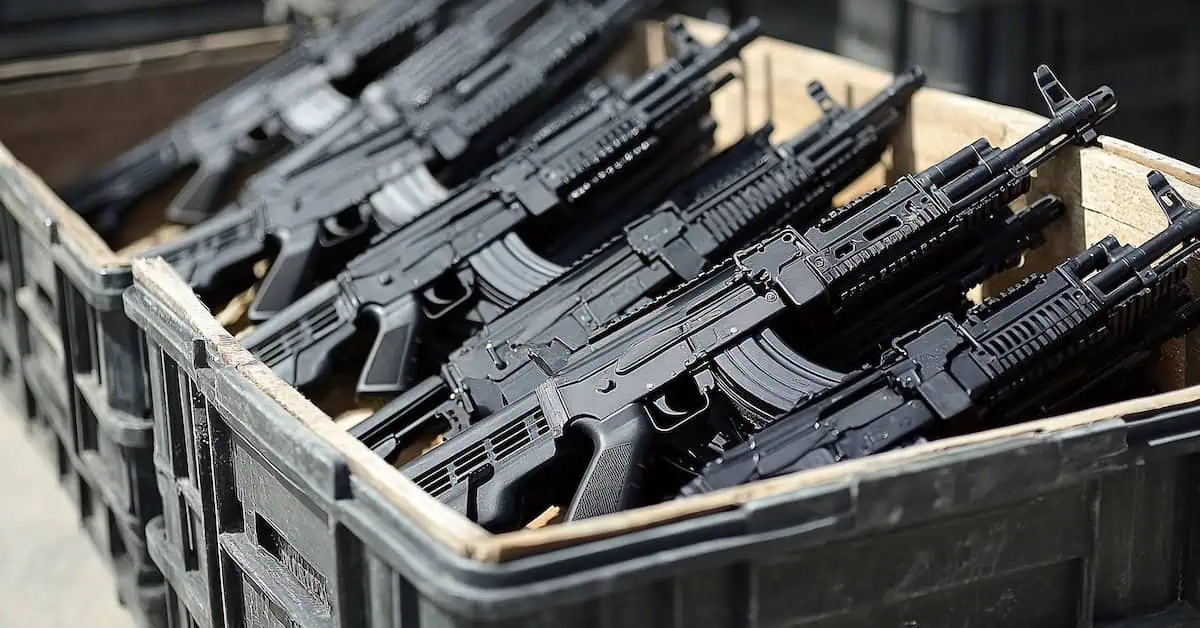

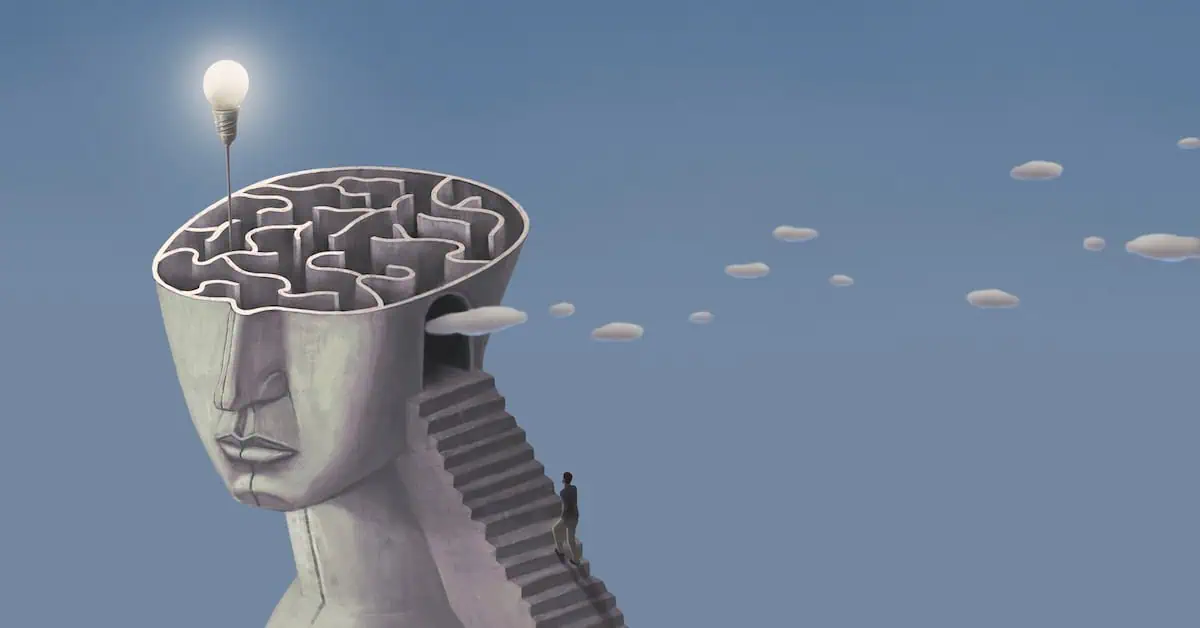
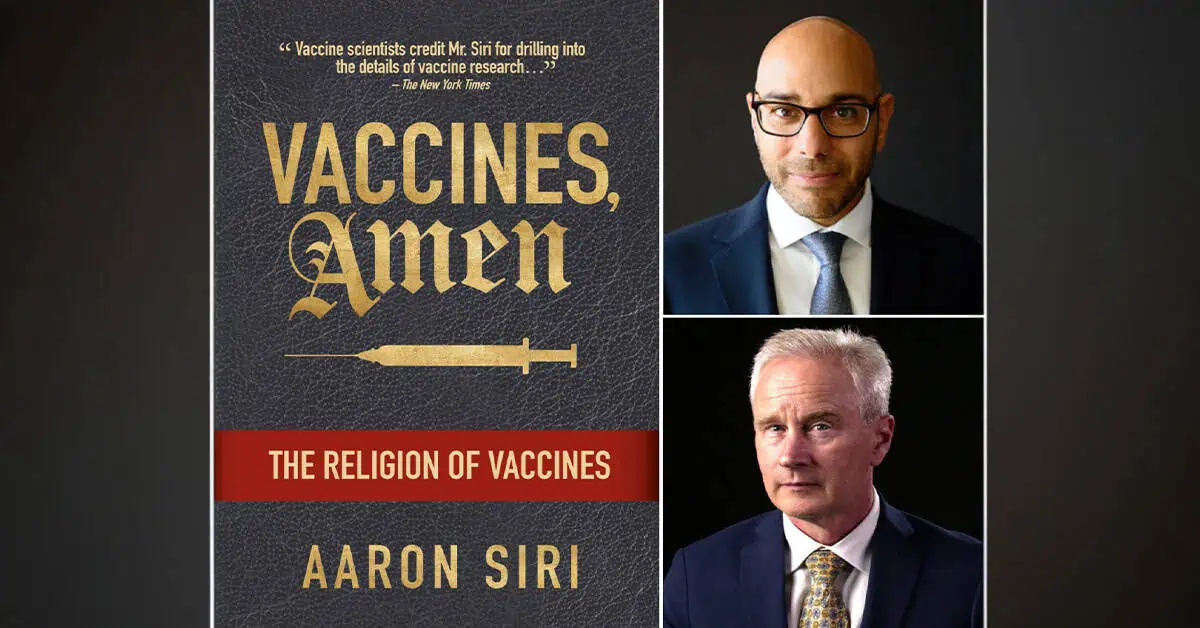

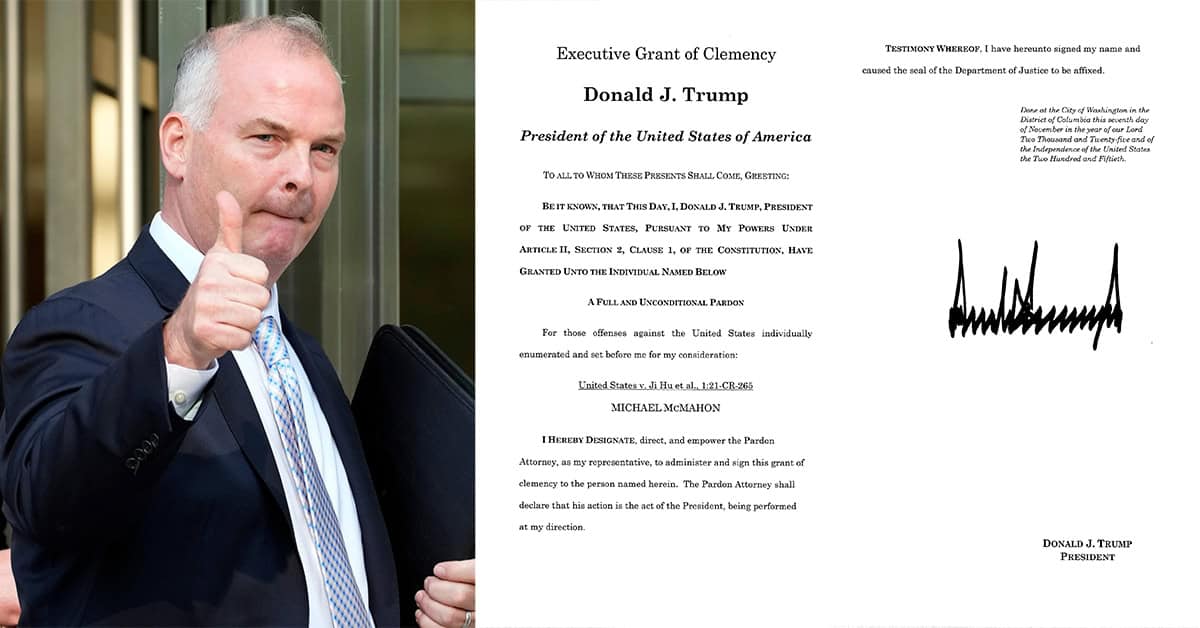




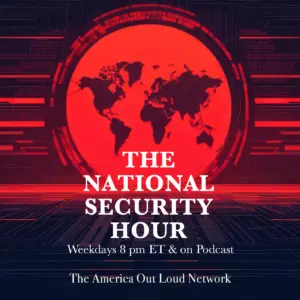










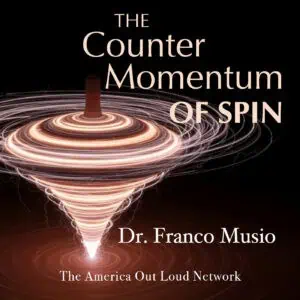


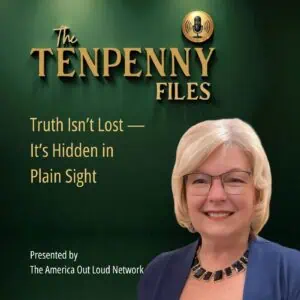
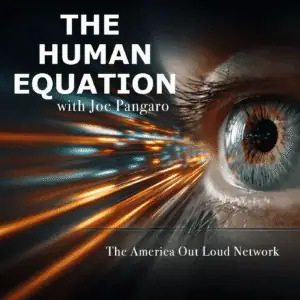



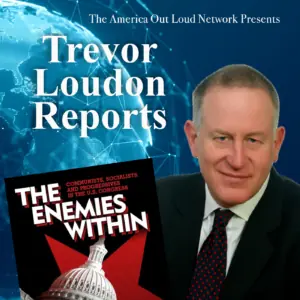







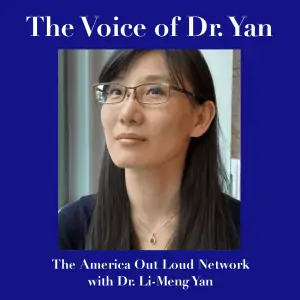
Comments